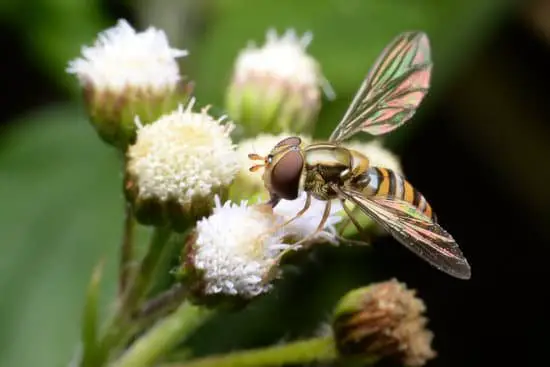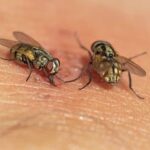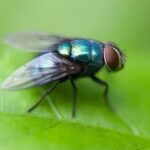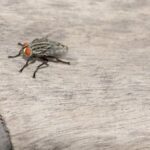How Do Flies Ruin Plants?
While flies can be annoying, they are not a major problem in most cases. Flies are attracted to poorly cared for plants and feed on them. They can harm plants in several ways, including by eating the roots, leaves, flowers, and stems. Most flies are leaf miners, but fungus gnats can also cause problems. Fortunately, there are ways to control flies without harming your plants.
One way to control fungus gnats and fruit flies is to prevent them from breeding. These pests are attracted to moist and damp areas. While they may not directly attack your plants, they can damage the soil and cause rotting. You can prevent this by allowing adequate drainage and using a pot with holes at the bottom. You can also check newly purchased plants for flies before planting them.
Fungus gnats and fruit flies are the most common types of plant flies. They are easily identifiable by their long legs and transparent wings. They usually prefer moist, nutrient-rich soil. Fruit flies do not harm your plants, but they will feed on roots and organic matter.
Gnats lay their eggs in the top layer of soil. To control these pests, you need to prevent excess moisture in the soil and make sure you water your plants only as much as necessary. You can also reduce the amount of water you give your houseplants by using special soil formulated for indoor plants. You can also use matchsticks as a natural repellent for fungus gnats. The matchsticks will dissolve into the soil as you water your plant, and the gnats will be trapped inside.








